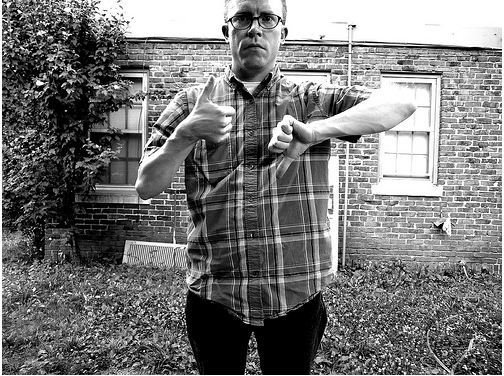What Are the Warning Signs of a Heart Attack?
Heart attacks can happen suddenly, allowing for little time to react. More often then not however, there are recognizable signs that an attack may be happening. Getting help as soon as possible is the best way to ensure that a heart attack won’t be fatal — the faster someone can get to life-saving treatment, the less damage to the heart.
If you are at risk for heart disease or know anyone else who could be (with 1.5 million heart attacks each year in the United States alone, you probably know someone at risk), make sure you are familiar with the possible warning signs.
What to Look For
What are the early symptoms to be aware of? The following can indicate that a heart attack is in progress:
- Chest pain and discomfort, usually the sensation is in the center of the chest. It can last for several minutes, or it may go away and then return. The feeling will be like a squeezing pressure, pain, or tightness.
- Discomfort in areas other than the chest — this pain could occur in one or both arms, the back, neck, jaw, or stomach.
- Shortness of breath
- Nausea
- Lightheadedness
- A sudden cold sweat
It is important to note that chest pain is the most common sign for women and men. However, women tend to have one or more of the other symptoms as well. Someone does not have to experience chest discomfort to be experiencing a heart attack. Any of these warning signs may be indicative of an attack.
How to React
How do you react if you or someone around you is experiencing any of these warning signs? Call 911 or your local emergency response number. Rushing to the hospital is an option, but receiving treatment immediately from emergency responders and reaching the hospital in an ambulance is probably a better choice. Emergency responders will be able to give life saving treatment as soon as they arrive. Also, arriving at the hospital in an ambulance will get you into the emergency room faster than coming by car.
What if its not really a heart attack? It is of course possible that someone may be experiencing these symptoms due to another medical reason. Because the consequences of a heart attack are so severe, it is better to play it safe and call for emergency help. Even if you or someone else is not having a heart attack there may be another issue that requires medical care, or it may be a case of a mild heart attack. Either way discussing the issue with a doctor is essential to preventing further problems.
The warning signs of a heart attack are not difficult to recognize once you know what they are. Be aware and react quickly — half of all heart attack deaths happen within the hour, outside of the hospital.
References
Women’s Heart Foundation https://www.womensheart.org/content/HeartAttack/heart\_attack\_facts.asp
American Heart Association https://www.americanheart.org/presenter.jhtml?identifier=4595
photo by: Mad Molecule (CC/flickr) https://www.flickr.com/photos/zeke\_/2616576123/sizes/m/in/photostream/
